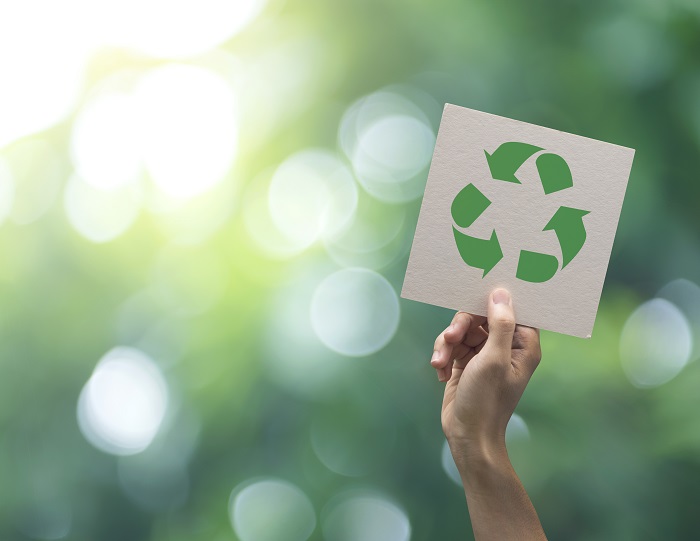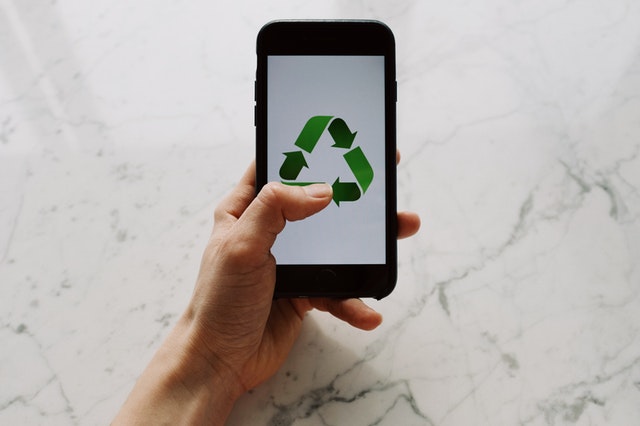
The escalation of COVID-19 across the globe has hampered recycling efforts in Europe and North America. With most European nations—and many American states—preventing citizens from shopping on the high street, and some preventing all outside activities apart from shopping for essential goods or seeking medical treatment, it’s clear things have changed.
After the World Health Organization deemed the outbreak a pandemic, stock prices began to plummet, global shipping became strained, and the prospect of a global economic recession was plastered over many morning newspapers.
It’s also not great news for waste management and recycling, with recycling centers closing in most cities across the world, which has led to service disruptions for consumers.
Services such as curbside recycling pickup have, in general, been suspended in some US states because the service requires sorting by hand. As evidence about how infectious the virus is on materials sent to be recycled is still a huge unknown many would consider this move sensible.
With lots of citizens spending more time at home and have more time than usual, many might think about clearing out old drawers or spare rooms to pass the time. Discovering old mobile phones, fax machines from the 90s or other electronic items that haven’t been used for a while brings about a conundrum.
What do we do with household waste and recycling?
If individuals have cardboard and plastics, then some local pickup services are still in operation. In the UK, household recycling collections by local councils are operating as normal, but all recycling centers—where the public visit with their waste to be recycled—are closed. This means there is an increase of people needing to store these items for disposal/ collection in the future, or they’re simply dumping them in the local area.
Also, because most retail recycling shops are closed (deemed non-essential businesses) and large recycling facilities are not opening because they don’t have the workers, online marketplaces like Plunc—where individuals can sell a used iPad or iPhone from their home—are on the rise.
For businesses that are still allowed to be open, whether they have yet to be told by their national government to close or are deemed as essential businesses, the Occupational Safety and Health Administration in the US has published best practices on its website about how to handle solid waste and recycling items.
Alongside government institutions in the US, the National Waste & Recycling Association has sought guidance from the CDC (Centers for Disease Control and Prevention) about best practices for workers in waste recycling and published a guide on using PPE (Personal Protective Equipment) to prevent worker exposure to the deadly virus.
There will also be an indirect impact on other parts of the recycling industry. While there is no research covering it at present, the amount of disposable PPE equipment used worldwide there will be an exponential increase in medical waste requiring disposal. Waste that includes disposable gloves, masks, gowns, aprons, boots, face shields, and items used for surgeries and other medical procedures.
It isn’t all bad news though. With lots of people confined to their homes in many different cities, pollution levels have reduced because people are not commuting to work. Many of them are working from home and with pollution levels reducing harmful gas emissions into the atmosphere have plummeted, as Mayuri mentioned in his recent article on the pandemic’s global environmental impact.
Over this year, some of the current recycling services like scrap metal smelters and plastics recycling facilities will operate to some degree as they always have done, but with reduced capacity. Something that may cause backlogs in many different countries. However, most of the consumer recycling services where individuals sell their items through online marketplaces will continue to grow and evolve.
As populations across the world change their habits and behaviors, we will see how the waste and recycling industries across the world change the ways they operate and the new offerings they will bring. No doubt, the future will see different innovative directions developed by people who are in isolation due to the pandemic. Let’s hope that these disruptions have as little impact on the environment as possible.



